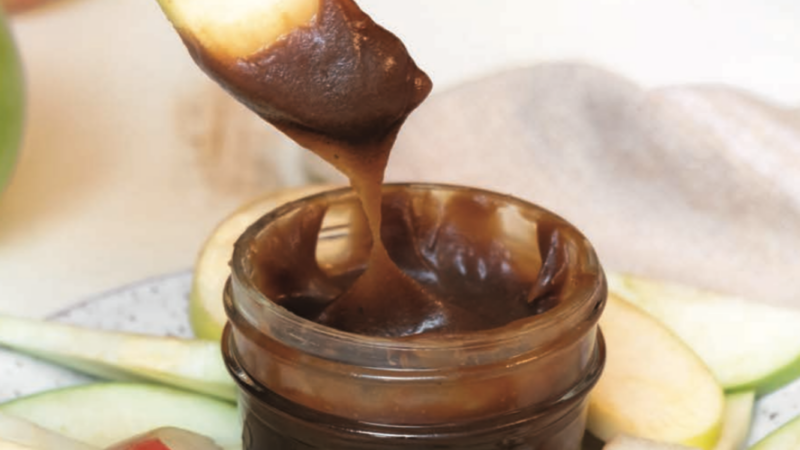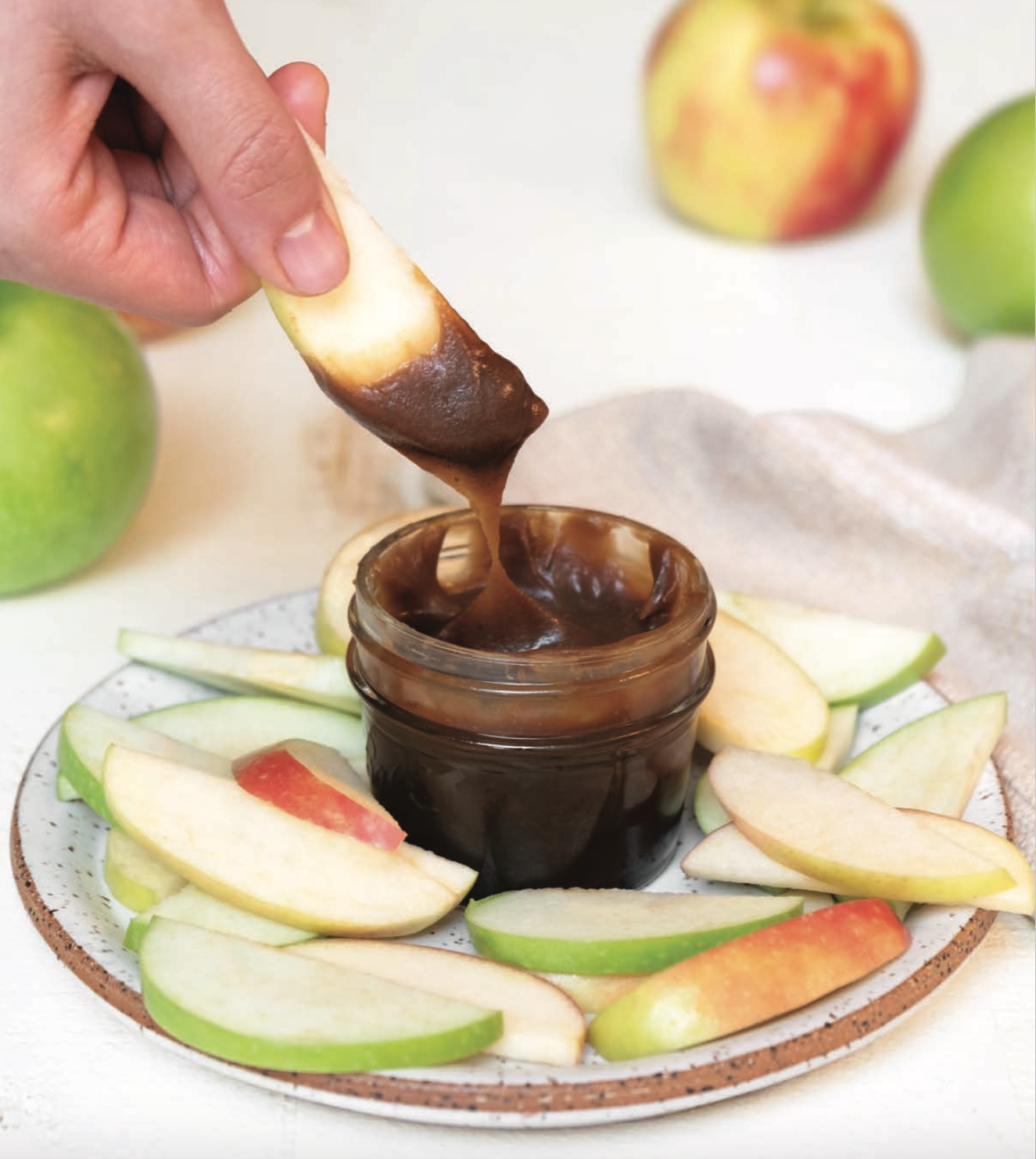
Nature: In general, Ayurveda declares winter (November 15th – March 14th) as the healthiest season. However, the body’s natural intelligence copes with the external cold by automatically increasing the agni in the belly (a physiological response), resulting in increased inner warmth. Naturally, appetite and hunger also increase in parallel. Hence, if we fast in this season or eat a lot of cold and light foods, like salads, vata dosha can go up due to increased quality of lightness and coldness (the principle of “like increases like” at work). So eating nutritious fatty food at the right time (in winter) is a precautionary measure.
Goal: We make the best use of a naturally increased agni in winter and make every meal count. We can eat nourishing foods (see “Preferred Winter Food List” that follows) to proactively build health and immunity for the entire year ahead.
Flavors: Increase intake of sweet, sour, and salty; reduce intake of sour, pungent, and bitter.
Qualities: Prefer heavy over light, and fatty over dry foods.
Specifics: Hearty meat and vegetable soups with added ghee fortify the body. A midday drink of Ayurvedic buttermilk is recommended every day. Eat 1 tablespoon raw honey daily if possible (especially in the morning).
Preferred Winter Food List
- Cereals: Unfermented wheat products (bran, cereal, chapatis, cookies, cream of wheat, crepes, dumplings, pudding, tortillas), white or brown rice, rice pudding. In moderation: quinoa, millet, oats.
- Legumes and beans: Black gram, black beans, kidney beans, mung.
- Vegetables: Asparagus, beets, cabbage, carrots, cilantro, eggplant, fennel root (anise), garlic, green beans, green peas, leeks, okra (in early winter only), onions (cooked), parsnips, pumpkin, radish, rutabaga, spaghetti squash, spinach, sweet potatoes, turnips, winter melon, winter squash.
- Fruits: Amalaki (a nutritious fruit supplement; available online), almonds, apples, dates, figs, grapefruit, guavas, lemon, lime, mandarins, oranges, pears, plums, pomegranate, tangerines.
- Meat: Chicken, deer, goat, pig, rabbit, seafood soup, turkey.
- Alcohol: Aged wine is ideal.
- Seeds: Sesame.
- Dried fruits and nuts: Almonds, cashews, macadamia nuts, pecans, pine nuts, pistachios, raisins, walnuts.
- Dairy: Sweet butter, Ayurvedic buttermilk (takra), sweet cream, milk (boiled), yogurt, (never frozen or with fruit, always eat with added raw honey or crushed back pepper).
- Water: Drink boiled water reduced to warm, drinkable temperature.
- Fat: Ghee is best; all other natural cooking oils are also fine (except mustard oil).
- Other: Honey, chyawanprash (Ayurvedic supplement), vinegar in moderation.
Avoid in Winter
- Fasting and skipping meals
- Eating salads and raw foods
- Consuming chilled foods like ice cream, chilled water, frozen foods
Looking for more great reads?


Excerpt from Ayurveda Lifestyle Wisdom by Acharya Shunya.
 Acharya Shunya is the founder of Vedika Global, a spiritual foundation dedicated to elevating consciousness, building community, and serving humanity by illuminating India’s Vedic spiritual traditions of Ayurveda, yoga, and Vedanta. In association with its graduates, Vedika Global offers courses at Stanford University’s Health Improvement program. In 2015, she was recognized as a Top 100 teacher of Ayurveda and Yoga by Spirituality & Health Magazine and was invited to represent Ayurveda in the U.S. by India’s Ministry of AYUSH (Health) and Overseas Affairs. She is president of the California Association of Ayurvedic Medicine. For more information, visit vedikaglobal.org or acharyashunya.com.
Acharya Shunya is the founder of Vedika Global, a spiritual foundation dedicated to elevating consciousness, building community, and serving humanity by illuminating India’s Vedic spiritual traditions of Ayurveda, yoga, and Vedanta. In association with its graduates, Vedika Global offers courses at Stanford University’s Health Improvement program. In 2015, she was recognized as a Top 100 teacher of Ayurveda and Yoga by Spirituality & Health Magazine and was invited to represent Ayurveda in the U.S. by India’s Ministry of AYUSH (Health) and Overseas Affairs. She is president of the California Association of Ayurvedic Medicine. For more information, visit vedikaglobal.org or acharyashunya.com.







 Acharya Shunya
Acharya Shunya